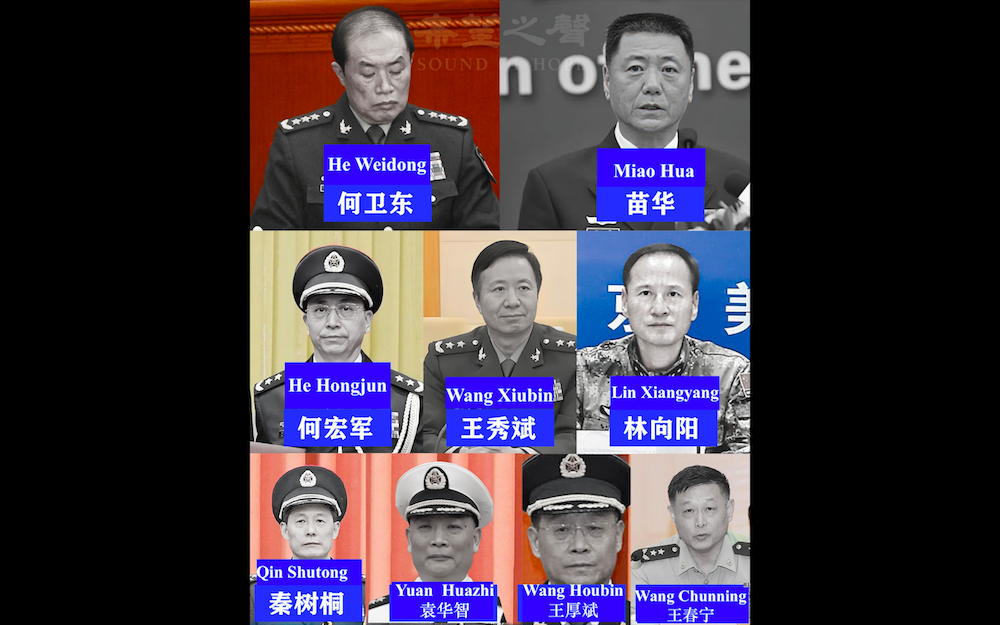Tenzin Nyidon
DHARAMSHALA, Aug. 25: The UK government has pushed back its ruling on China’s proposed “mega” embassy in London after Beijing declined to provide full, un-redacted architectural drawings for several buildings in the scheme, intensifying a long-running row over transparency and security. The decision deadline has been moved from September 9 to October 21, 2025, according to officials.
Deputy Prime Minister and Housing Secretary Angela Rayner, who is overseeing the called-in planning application, requested complete internal layouts or detailed explanations for the “greyed-out” sections—most notably within the Cultural Exchange Building and the Embassy House. China responded that the level of disclosure already provided “meets planning norms,” rebuffing the UK’s request.
The embassy would occupy the Royal Mint Court site, opposite the Tower of London, and, if approved, would become the largest Chinese diplomatic compound in Europe. Its scale and sensitive location have drawn scrutiny from local residents, rights groups, and cross-party lawmakers in Britain and the United States, who argue that opaque plans could mask security risks. Beijing has dismissed such concerns as “slander,” urging the UK to approve the project swiftly and pointing to reciprocal embassy developments in Beijing.
Tibetans and allied communities in the UK held a major protest on Saturday against China’s controversial plan to build a “mega-embassy” at the former Royal Mint Court, right beside the Tower of London.
Campaigners, including members of the Inter-Parliamentary Alliance on China (IPAC), say China’s explanations fall short and that ministers should refuse the scheme absent full disclosure. The applicant’s planning consultancy DP9, representing the Chinese government, has countered that the submitted detail is sufficient for planning purposes.
Diplomatically, the embassy has loomed over early contacts between Prime Minister Keir Starmer and President Xi Jinping. Starmer has faced pressure from both security hawks and local campaigners to extract stronger assurances from Beijing, while Chinese officials have framed the delays as a test of the UK’s willingness to meet its international obligations to facilitate diplomatic premises.
Opponents argue that approving a vast, partially redacted complex near critical infrastructure would be reckless, citing potential espionage risks and the chilling effect on protesters outside the site given China’s human-rights record in Tibet, Hong Kong, and Xinjiang. Beijing rejects these claims and says the UK is over-politicising a standard planning process.










